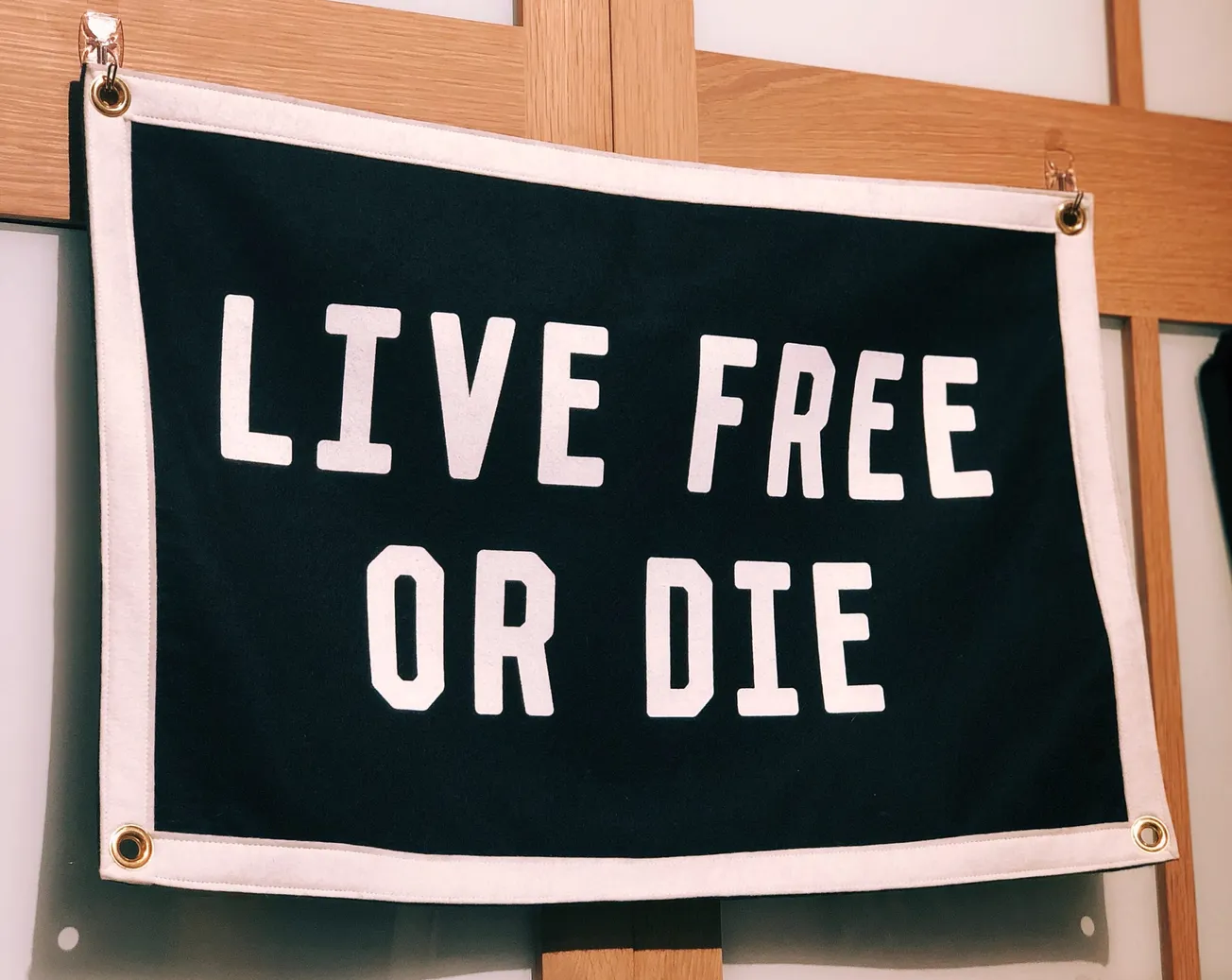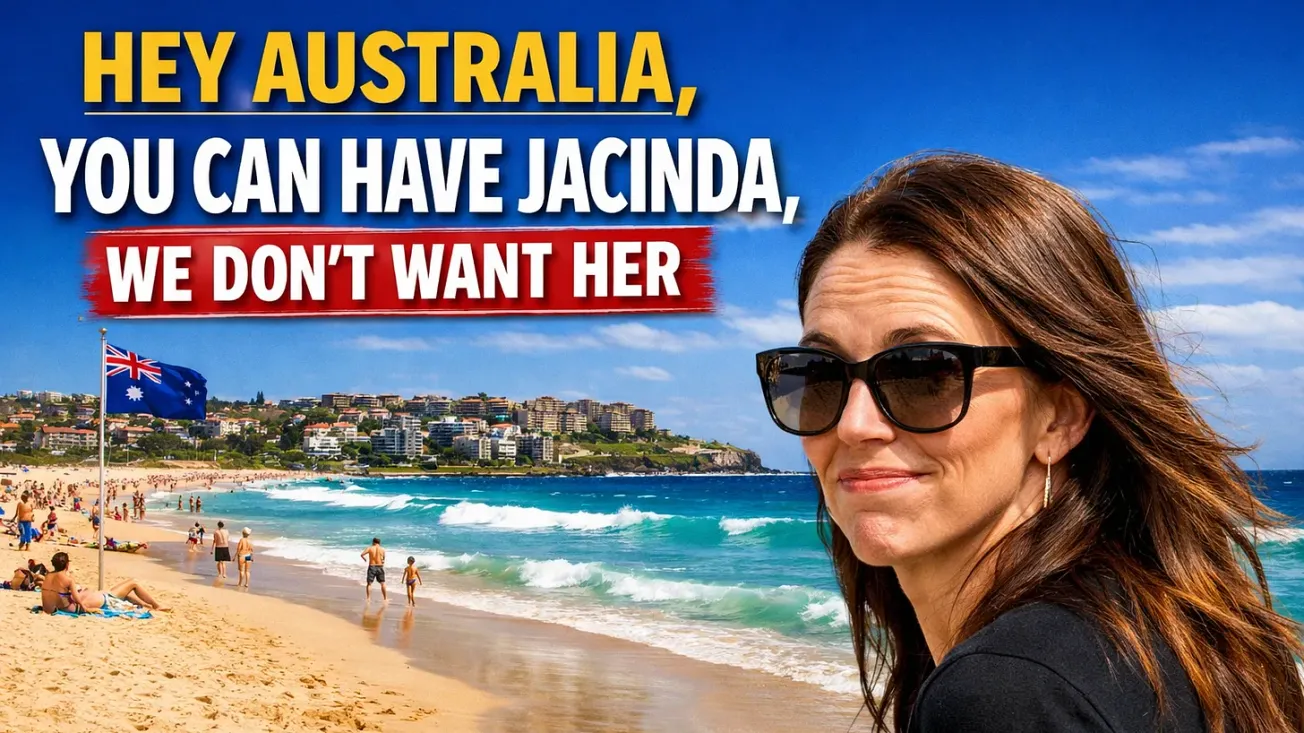Table of Contents
Kurt Mahlburg
mercatornet.com
Kurt Mahlburg is a writer and author, and an emerging Australian voice on culture and the Christian faith. He has a passion for both the philosophical and the personal, drawing on his background as a graduate architect, a primary school teacher, a missionary, and a young adults pastor. Since 2018, Kurt has been the Research and Features Editor at the Canberra Declaration.
Happy anniversary! It’s been a year since Australians lost one of our fundamental human rights: the freedom of movement.
This is a freedom that has been restricted to various degrees by governments around the world and continues to be a hot-button issue in the United States in particular. Just this week, for example, Florida’s Governor Ron DeSantis loudly bucked Biden’s wish to reinstate lockdown restrictions.
Looking at the situation Down Under, is it a stretch to say we’ve lost our freedom of movement?
Australia is a signatory to seven international human rights treaties, including the Universal Declaration of Human Rights. Article 13 of that treaty states that:
1. Everyone has the right to freedom of movement and residence within the borders of each state.
2. Everyone has the right to leave any country, including his own, and to return to his country.
As countless Australians have painfully discovered, both the freedom to travel within Australia’s borders, and the freedom to leave the country or return to it are fundamentally not what they used to be. Moreover, the government is providing us with little clarity or guarantee on when this status quo will change.
In an ever-repeating ritual, Australia’s state borders have been clamped shut with next to no notice, causing the sudden cancellation of Christmas celebrations and business trips—and separating loved ones at sacred, unrepeatable rites of passage like births, weddings and funerals.
In some cases, these were hard border closures. In other situations, they demanded travellers spend two weeks in quarantine, a measure that dashed all hopes of most of these longed-for reunions in any case.
The international situation has been just as emotionally harrowing, with the added impact of a A$55 billion dent in our nation’s tourism industry. Australia is one of only a few countries around the world to take such a severe and costly measure to combat the coronavirus.
I’ve personally felt the effects of this, having both my wedding and Christmas cancelled at the last minute. It’s an odd feeling to be married without ever having had a wedding, or without my wife’s family and mine ever having met.
There is a very limited list of Australians allowed to cross international borders, including for urgent medical treatment, travel as a frontline medical worker, or trips requested on compassionate grounds. But as many have found, our government’s good graces are as hard to come by as Willy Wonka’s golden ticket—even if you’re married to a foreigner, as I am.
To be clear, under our international obligations, the right to freedom of movement can be restricted in a limited number of situations, such as when the public health is at risk.
It is also worth mentioning that the relative absence of Covid-19 cases on our shores have led to a much less disruptive day-to-day life for most Australians. This is a situation for which we can be thankful.
The question isn’t whether or not the coronavirus is deadly: it clearly is, having taken the lives of some 2.7 million people worldwide. The question is whether or not a respiratory disease that has killed 0.034 percent of the world’s population justifies a year of border closures — and counting.
We must remember that in addition to the emotional and financial costs of these restrictions, we have set a very clear and concerning precedent.
If, on this basis, Australia’s government can remove a fundamental human right like the freedom of movement, what’s to stop them from doing it again for any reason it might choose?
Our media now speaks in apocalyptic terms about the threat of climate change: perhaps we will have our freedom to travel restored for only a few months before it’s decided that, going forward, all international travel will be dictated by a lottery system, or limited to one return trip a year?
If this sounds at all ridiculous, you need to have a conversation with the you of 13 months ago. What was unimaginable then is perfectly normal now. Human rights that we once deemed sacred are now shrugged off like so much piffle.
And the backlash I’ll now get—not for talking down the virus but for talking up our freedoms—will be proof of it. Come on, tell me how evil I am in the comments section below, I dare you.
Please share this article so that others can discover The BFD.








